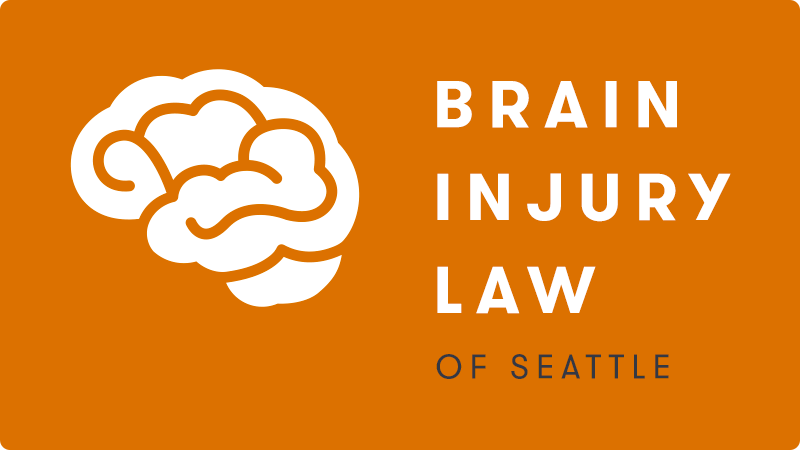Suffering a TBI can result in life-altering physical and mental handicaps as well as a lengthy brain injury recovery period.
If you have a loved one who has recently suffered a TBI and you are looking for ways to help them with their traumatic brain injury recovery, continue reading to learn all about TBI recovery.
Page Contents
HOW TO HELP A LOVED ONE WHO HAS A TBI
Having a loved one suffer a TBI is a very emotional and traumatic experience.
Just know that if a friend or family member has suffered a traumatic brain injury, they need the emotional support of their friends and family.
Remember to be gentle and kind, offer helpful reminders, and gently correct details if they seem to have forgotten information. Avoid using language that implies that your loved one is struggling or that they should remember certain details.
Offer your loved one ample encouragement when they remember details accurately (but make sure that your praise doesn’t come across as patronizing). Patience, love, and attention are vital to their recovery process.
LEARN ABOUT THE DIFFERENT TYPES OF TRAUMATIC BRAIN INJURIES
Another way to help someone with a TBI is to educate yourself about what TBIs are and how they can affect a person.
This will help you empathize with your loved one and may also enable you to feel a sense of control — education is power, and knowing what’s happening and why can be therapeutic to both the victim and family members.
To this end, let’s explore two kinds of TBIs, their symptoms, their effects, and what the recovery process for your loved one may be like.
Two Most Common Brain Injuries
There are many kinds of brain injuries that an individual may be victimized by during an accident. Two of the most common types of TBIs are:
- Concussions. This is the most common type of brain injury and can be incurred by a blow or jolt which causes the brain to shift rapidly inside of the skull.
- Penetrating brain injury. This type of brain injury occurs when the skull is broken and an object penetrates the brain.
What Are the Symptoms of a TBI?
If you’re unsure whether or not your loved one has suffered a TBI, you should always ensure that they seek out medical help.
Failing to identify and treat a traumatic brain injury can result in permanent brain damage or even death — so it’s always better to err on the side of caution when it comes to potential TBIs.
Some symptoms to be on the lookout for include:
- Increased sensitivity to light or sound
- Slurred or impaired speech
- Loss of balance or coordination
- Trouble focusing or remembering
- Change in behavior (mood swings, paranoia, increased anxiety, depression, aggression, etc.)
- Loss of consciousness (this can last several seconds or even a couple of minutes)
- Chronic migraine, headaches, or dizziness
- Visual issues (such as double vision or reduced range of vision)
- Difficulty swallowing
- Muscle weakness
What Are the Long-Term Effects of a TBI?
The potential long-term effects of suffering a TBI can be severe and often life-changing.
Traumatic brain injuries sometimes lead to a complete personality change, permanent paralysis, cognitive impairment, chronic pain, seizures, epilepsy, and the inability to ever live independent of professional care.
Due to the severity and trauma that accompanies a TBI, it’s essential to your loved one’s future health and financial stability that you help them pursue financial compensation for their injury.
Without adequate compensation, your loved one could face exorbitant and prolonged medical expenses that destroy their financial security.
What Is the TBI Recovery Process Like?
Is it possible to recover from a TBI?
This depends wholly on the type of TBI sustained as well as the severity of the traumatic brain injury.
Patients who have sustained a mild TBI (concussion) can generally expect to see a complete recovery within a couple of months. Individuals who have suffered a moderate to severe traumatic brain injury may never be able to fully recover their pre-accident state.
It’s essential to work with a medical professional that specializes in TBIs and brain rehabilitation in order to ensure that your loved one reaches maximal recovery for their TBI.
Some recovery methods for TBIs include:
- Psychiatric therapy
- Psychological therapy
- Speech therapy
- Occupational therapy
- Physical medicine
- Social support
GET LEGAL HELP FOR YOUR LOVED ONE
If a friend or family member has suffered a mild or severe traumatic brain injury, get in touch with Brain Injury Law Of Seattle today.
At Brain Injury Law Of Seattle, our founder and head attorney, Scott Blair, has been serving victims of traumatic brain injuries for more than 25 years. Blair is passionate about helping victims of TBIs as well as their families, pursue just compensation for their injuries so that they can reach maximal recovery following their accident.
Get in touch with Brain Injury Law Of Seattle today to schedule a consultation with a seasoned TBI attorney. Help is just a phone call away.
Read Our Client Stories
g post content here…






